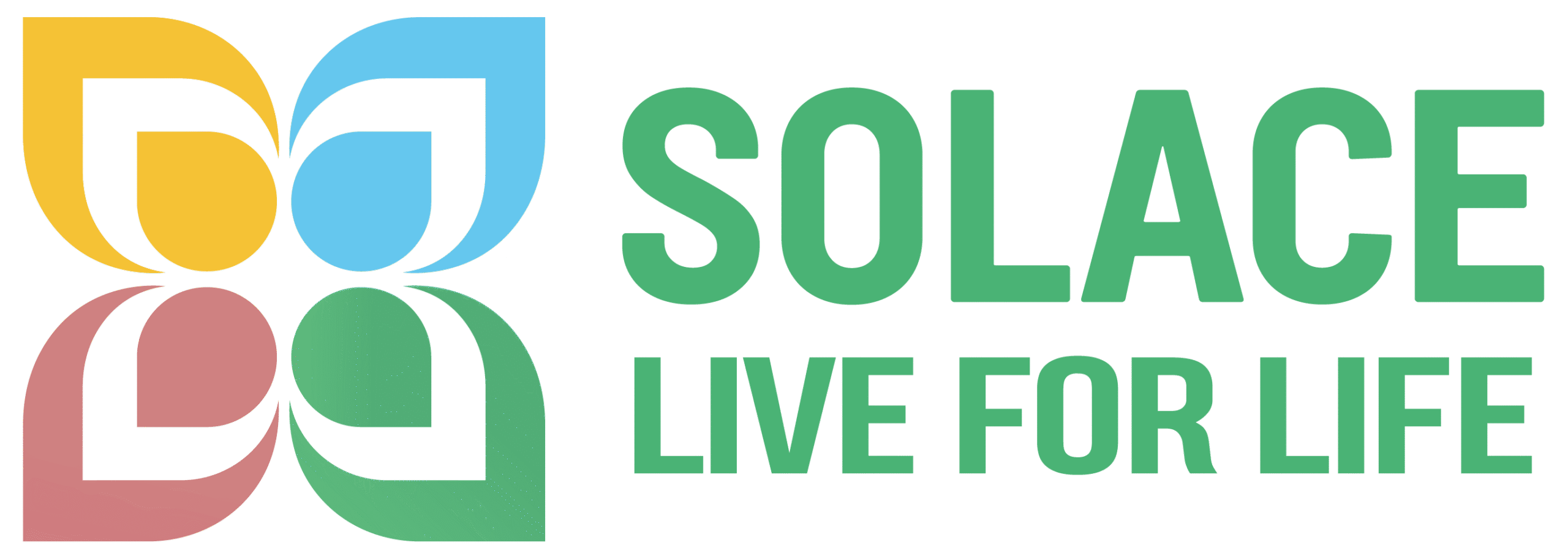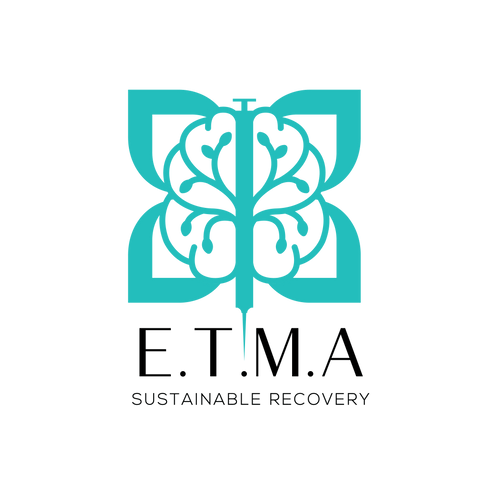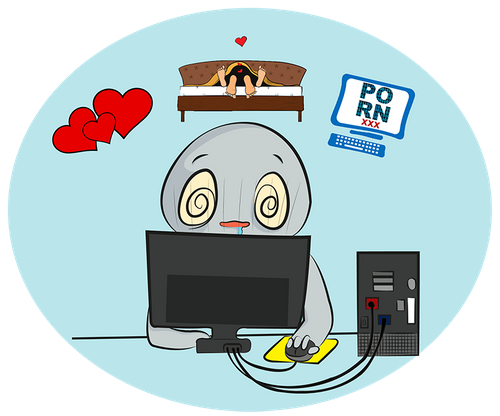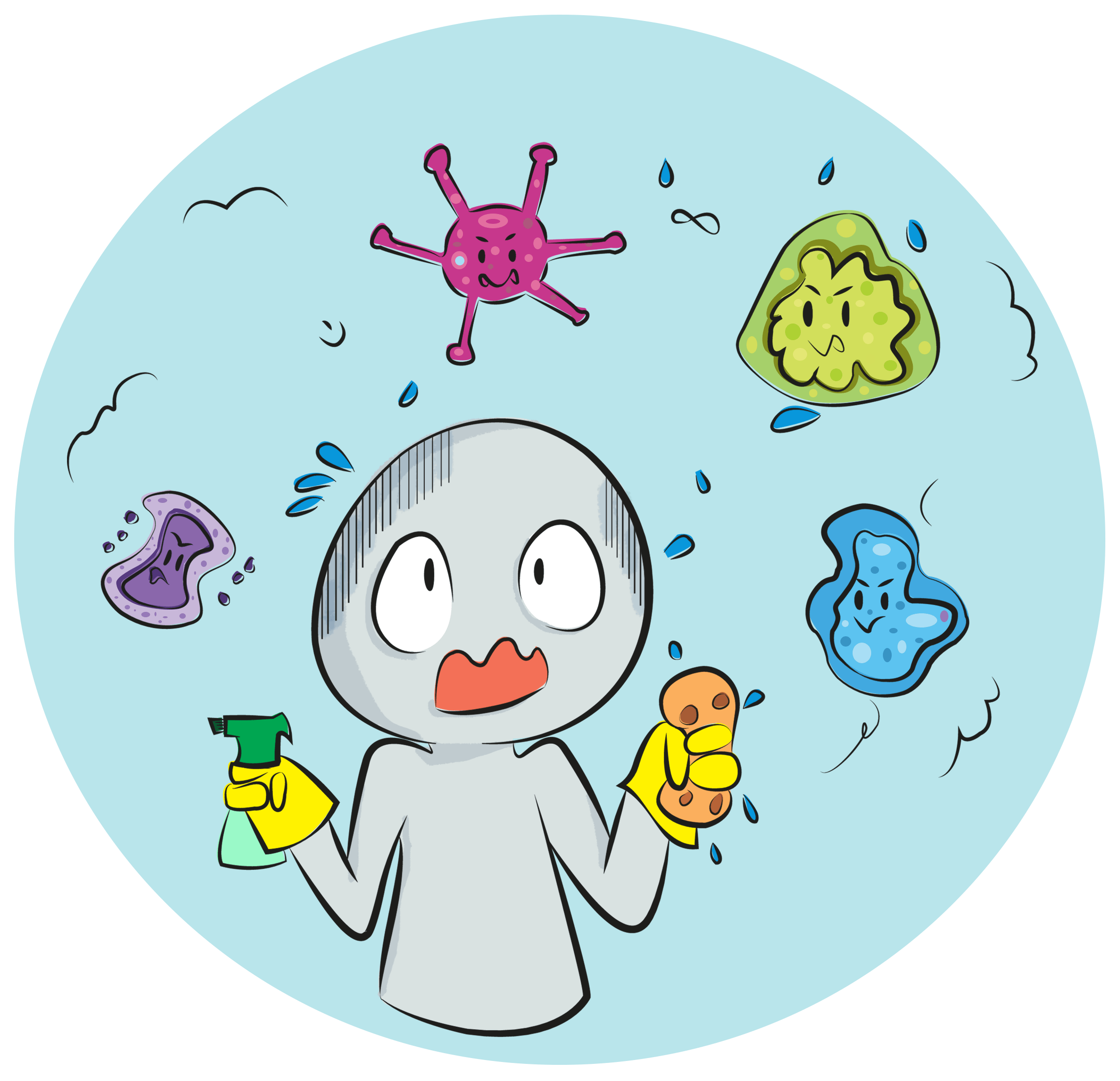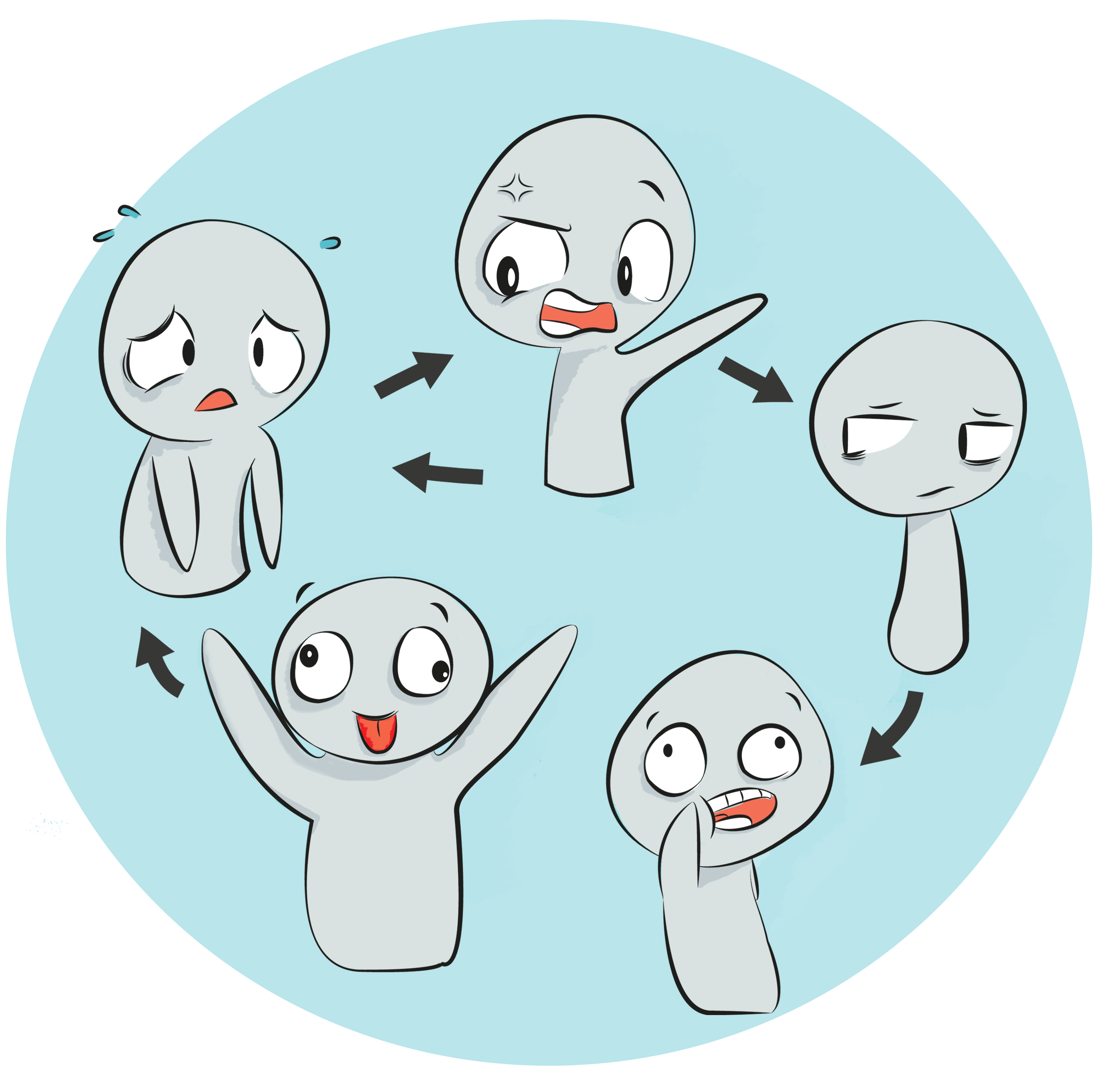Bipolar Disorder and Addiction
This article explores the link between bipolar disorder and substance abuse, covering Definition, symptoms, the connection between BD and SUD, causes, their relationship, prevention, and treatment.
What is Bipolar Disorder?
Bipolar disorder, also known as manic depression, causes grave shifts in a person’s mood, thinking, behaviour, and energy. Moods range from the severe lows of depression to the ecstatic highs of mania. These are not fleeting moods – the cycles of bipolar disorder last for several days, weeks, or even months. Unlike ordinary mood swings, these ones could get so intense that they interfere with a person’s ability to carry out their day to day activities.
The exact causes of this disorder remain uncertain, although research suggests a potential hereditary factor. The initial onset of depressive or manic episodes typically takes place during adolescence.
Bipolar disorder is characterized by four primary types of episodes: mania, hypomania, depression, and mixed episodes. Let’s talk about each one and its different symptoms.
Mania
Mania is a distinctive state of elevated mood and energy often experienced in bipolar disorder. Marked by periods of great excitement or euphoria, delusions, and overactivity. Mania can be characterized by the following symptoms:
- Excessive hope, happiness, and excitement
- Restlessness & Increased energy
- Unusually high mood
- Reduced need for sleep
- Poor concentration
- Rapid speech
- Sudden shifts from joy to hostility or anger
- Risky behaviors, including drug use
- Grandiose and unrealistic plans
- Extreme impulsivity
- Poor judgment
Hypomania
Hypomania refers to a milder form of mania typically seen in bipolar disorder. It involves a noticeable and sustained period of elevated or irritable mood, increased energy levels, heightened self-esteem or grandiosity, and a greater level of productivity or engagement in activities. Hypomania can be characterized by the following symptoms:
- Symptoms similar to manic behavior but less intense.
- Maintain daily functioning.
- Heightened happiness, energy, or irritability.
- Reduced need for sleep.
- Increased sense of responsibility.
- Heightened sociability or talkativeness.
- Engaging in risky behaviors like drug abuse.
Depression
Depression is a debilitating mental health condition characterized by persistent feelings of sadness, hopelessness, and a loss of interest in activities. It can significantly impact daily functioning and quality of life, and can be characterized by the following symptoms:
- Feelings of hopelessness, worthlessness, and sadness.
- Loss of energy.
- Lack of enjoyment in previously liked activities (Anhedonia).
- Uncontrollable crying.
- Difficulty making decisions.
- Increased need for effort.
- Irritability
- Thoughts of death or self-harm
- Changes in appetite leading to weight loss or gain
- Self-harm attempts
Mixed Episodes
During these episodes, an individual’s behavior reflects a fusion of manic and depressive states. They may experience a sudden disinterest in their usual activities and grapple with feelings of despair, alongside racing thoughts, impulsivity, and restlessness.
Exploring the Connection: Bipolar Disorder and Substance Use Disorder (SUD)
The motivations behind illicit drug use among individuals with bipolar disorder (BD) do not vary significantly from those with substance use disorder (SUD). However, individuals with bipolar disorder may also seek solace through self-medication in an attempt to replicate hypomanic and manic states, perceiving them as desirable mood states.
Regular drug use induces notable physical transformations in the brain, particularly within the reward system, amplifying the pleasurable sensations associated with drug consumption. Nevertheless, these alterations in the reward system can fuel compulsive and persistent drug-seeking behavior. Drugs have the capacity to reconfigure other brain regions responsible for regulating mood and behavior. Substance abuse and addiction have the potential to trigger changes in brain functioning that contribute to the emergence of bipolar disorder. Conversely, bipolar disorder can elevate the risk of developing substance use disorder (SUD), establishing a reciprocal relationship between the two conditions.
Individuals with bipolar disorder face significant challenges in functioning, particularly during their low or depressed phases, as they grapple with feelings of worthlessness, lack of energy, and diminished motivation. During such times, it is not uncommon for individuals to turn to drugs, seeking a surge of energy. Substances like amphetamines and cocaine are utilized to enhance alertness and vitality. They provide a temporary respite from distress, as individuals strive to perform well in their professional roles and fulfill personal responsibilities.
Why is the combination so dangerous?
People with bipolar disorder have abnormal levels of dopamine and serotonin. These are chemicals which are associated with vital functions of our bodies, like metabolism, appetite, sleep, and the way our body responds to stress.
They also affect our emotions and stress. Over-usage of drugs and alcohol interferes with the way our brain processes these chemicals, causing restlessness, emotional imbalance, and erratic energy levels within us. Risk factors for addiction further complicate an already diseased biochemistry, exacerbating the symptoms of bipolar disorder. Hence, it’s important to recognize that substance abuse not only worsens the symptoms but also poses additional challenges to individuals dealing with bipolar disorder.
The Possibility of Treatment for BD and SUD
Treatment is indeed possible for individuals facing bipolar disorder and substance abuse disorder. However, it is crucial to address both conditions simultaneously, as they are closely intertwined. Without comprehensive care for both aspects, the likelihood of relapse remains high. To effectively prevent relapses, strategies must encompass the emotional and psychological factors that trigger substance abuse.
In such cases, a Dual Diagnosis recovery program is essential. These programs offer a comprehensive range of integrated treatment services. Cognitive Behavioral Therapy (CBT) and Dialectical Behavior Therapy (DBT) can greatly assist individuals with dual diagnoses in managing the emotional triggers that contribute to their reliance on drugs or alcohol. Alongside these therapeutic approaches, family counseling, participation in 12-step support groups, relapse prevention training, and stress management therapies can empower individuals to successfully overcome this daunting co-occurring disorder.
How to treat addiction in someone with bipolar disorder
Seeking early treatment can be advantageous for individuals facing both a substance use disorder (SUD) and bipolar disorder (BD), as managing these conditions becomes more challenging when they coexist. Recent research conducted in 2021 emphasizes the importance of tailoring treatment approaches to individuals with comorbid BD and SUDs. The specific substance being misused can influence the type of treatment required.
For individuals with BD and a cannabis or cocaine use disorder, studies suggest that medications like lithium and valproate can be effective treatment options. Additionally, citicoline, a drug, has shown promise in reducing cocaine use among individuals with BD, although its long-term effects may diminish over time.
According to the Substance Abuse and Mental Health Services Administration (SAMHSA), certain medications used to treat BD may also have benefits for managing SUDs. For instance, combining lithium with divalproex sodium, a mood stabilizer, has been found to help reduce alcohol consumption.
Quetiapine, an antipsychotic medication commonly used to treat BD, may also have utility in reducing alcohol intake or cravings, as suggested by some studies. However, conflicting results from other studies indicate the need for further research to confirm its effectiveness.
Preventing SUD in individuals with BD
Adhering to medical advice provided by healthcare professionals can potentially decrease the likelihood of developing a substance use disorder (SUD) alongside bipolar disorder (BD). By diligently taking prescribed BD medication as instructed, individuals can effectively manage and control their symptoms, potentially reducing the inclination to self-medicate with drugs or alcohol.
For those aware of their vulnerability to SUDs, actively avoiding tempting situations becomes crucial. This might involve steering clear of bars or limiting interactions with individuals who engage in substance use.
Symptoms and signs of SUD
- Decreased efficiency
- Frequent involvement in troublesome situations
- Substance use in hazardous circumstances, such as while driving
- Alterations in eating or sleeping patterns
- Abrupt shifts in mood
- Changes in behavior or demeanor
- Restlessness or agitation
- Excessive excitement or silliness
- Heightened activity levels
- Lack of drive or motivation
- Unexplained anxiety or paranoia
- Red and irritated eyes
- Unusually dilated pupils
- Rapid weight loss or gain
- Physical deterioration
- Tremors
- Slurred speech
- Impaired coordination
Summary
The intricate relationship between bipolar disorder (BD) and substance use disorder (SUD) underscores the importance of comprehensive treatment approaches that address both conditions simultaneously. Substance abuse can exacerbate the symptoms of BD and potentially lead to the development of other mental disorders, while BD can increase the susceptibility to SUD. Recognizing the intertwined nature of these disorders and seeking early intervention is crucial for individuals on their path to recovery.
At Solace Rehab Facility, we understand the unique challenges faced by those with BD and SUD, and we are dedicated to providing compassionate and effective treatment. Our experienced team of professionals specializes in integrated care that targets both mental health and substance abuse issues. Through evidence-based therapies, personalized treatment plans, and a supportive environment, we strive to empower individuals to overcome the dual challenges of BD and SUD.
If you or someone you know is seeking comprehensive rehabilitation services, don’t hesitate to Contact Solace Rehab Facility today. Take the first step towards reclaiming your life and finding solace in recovery.
